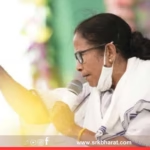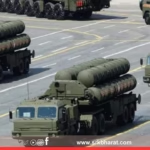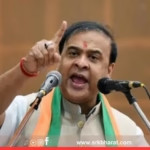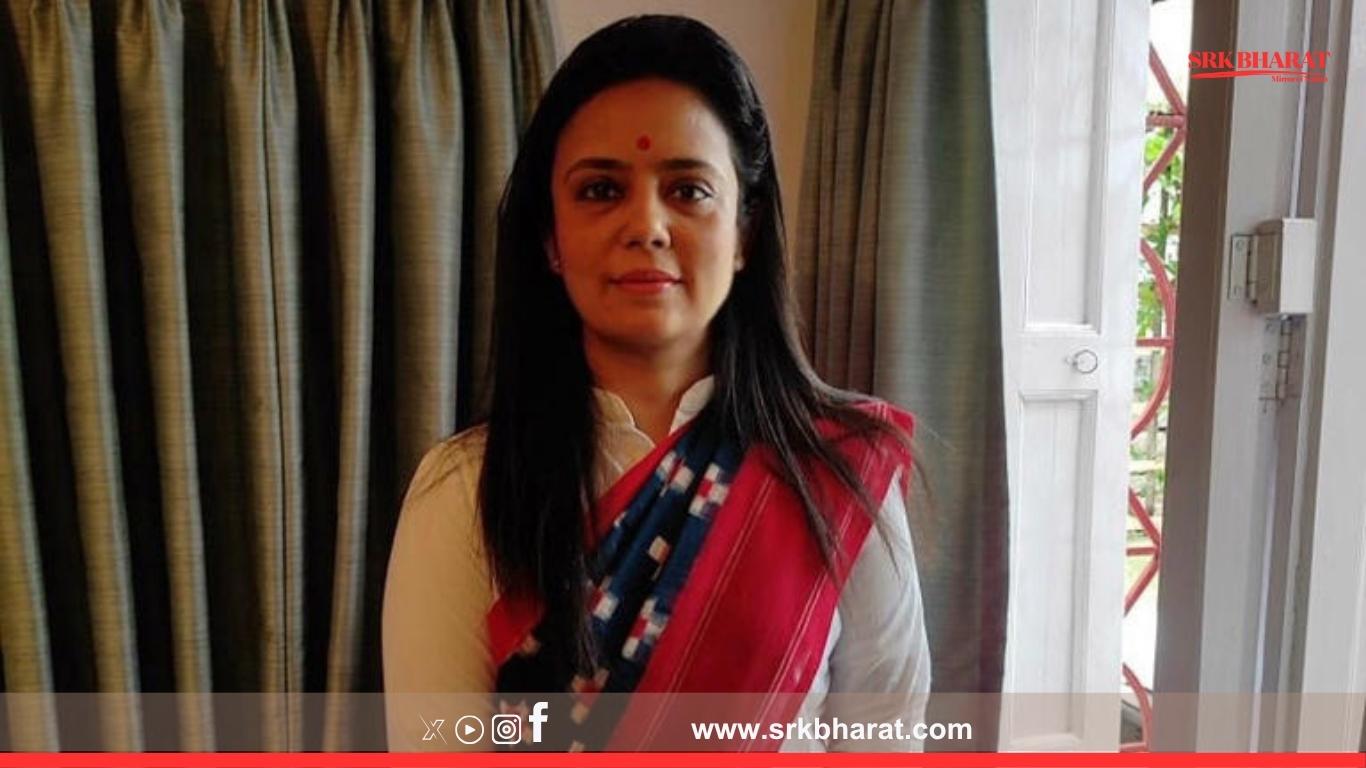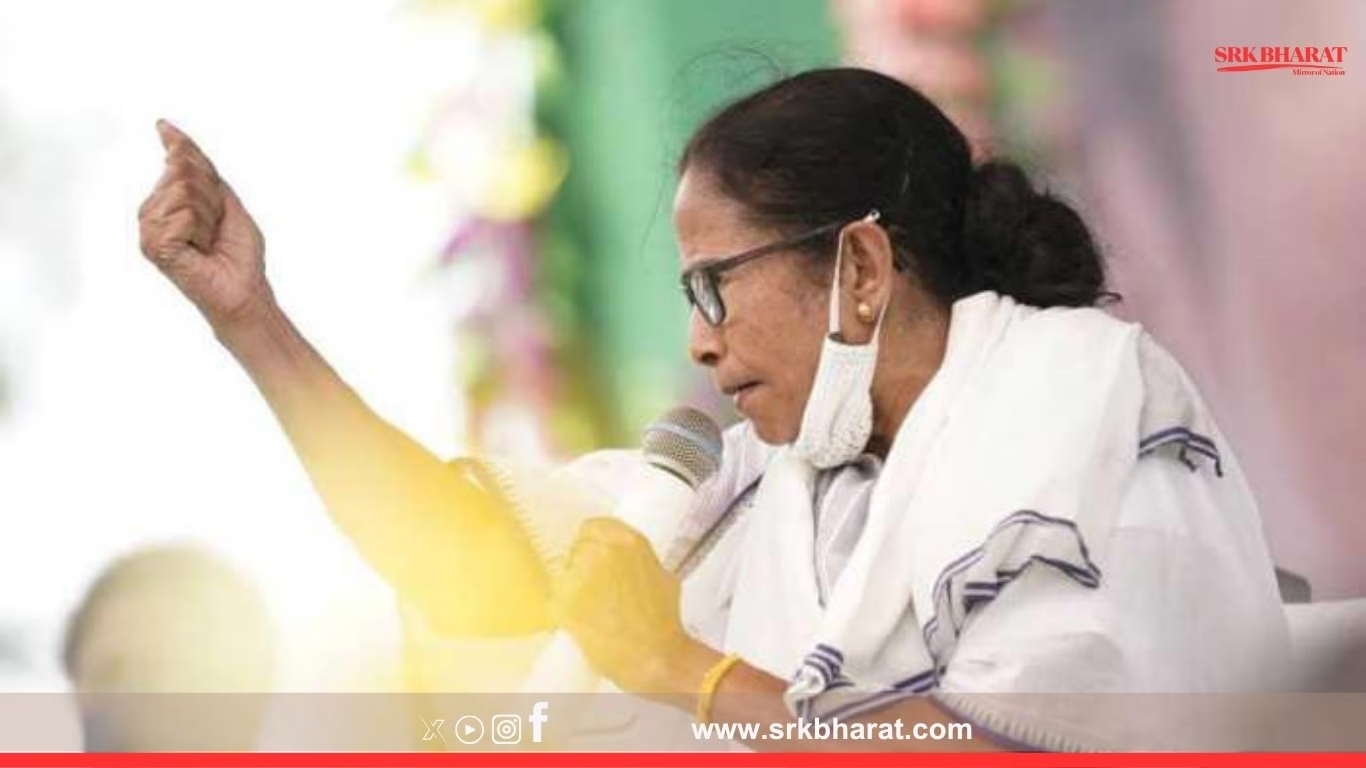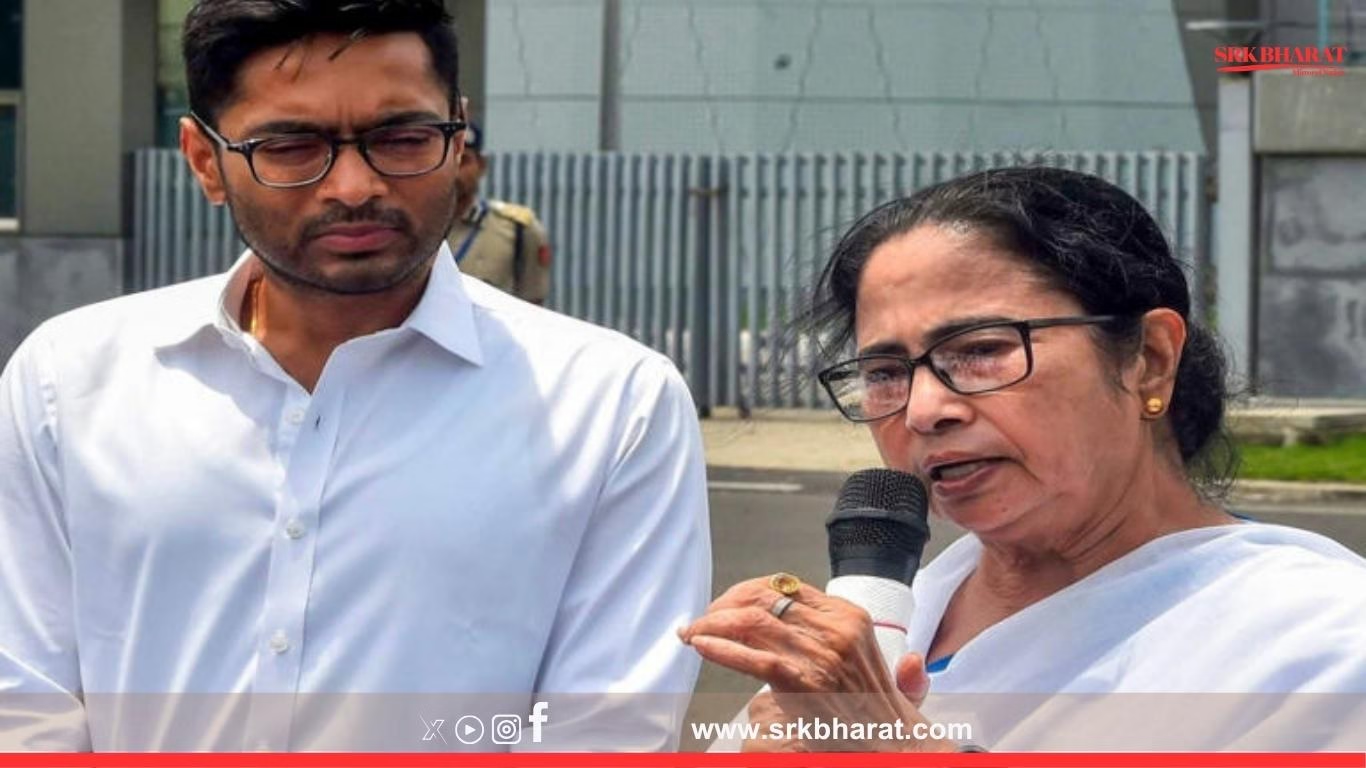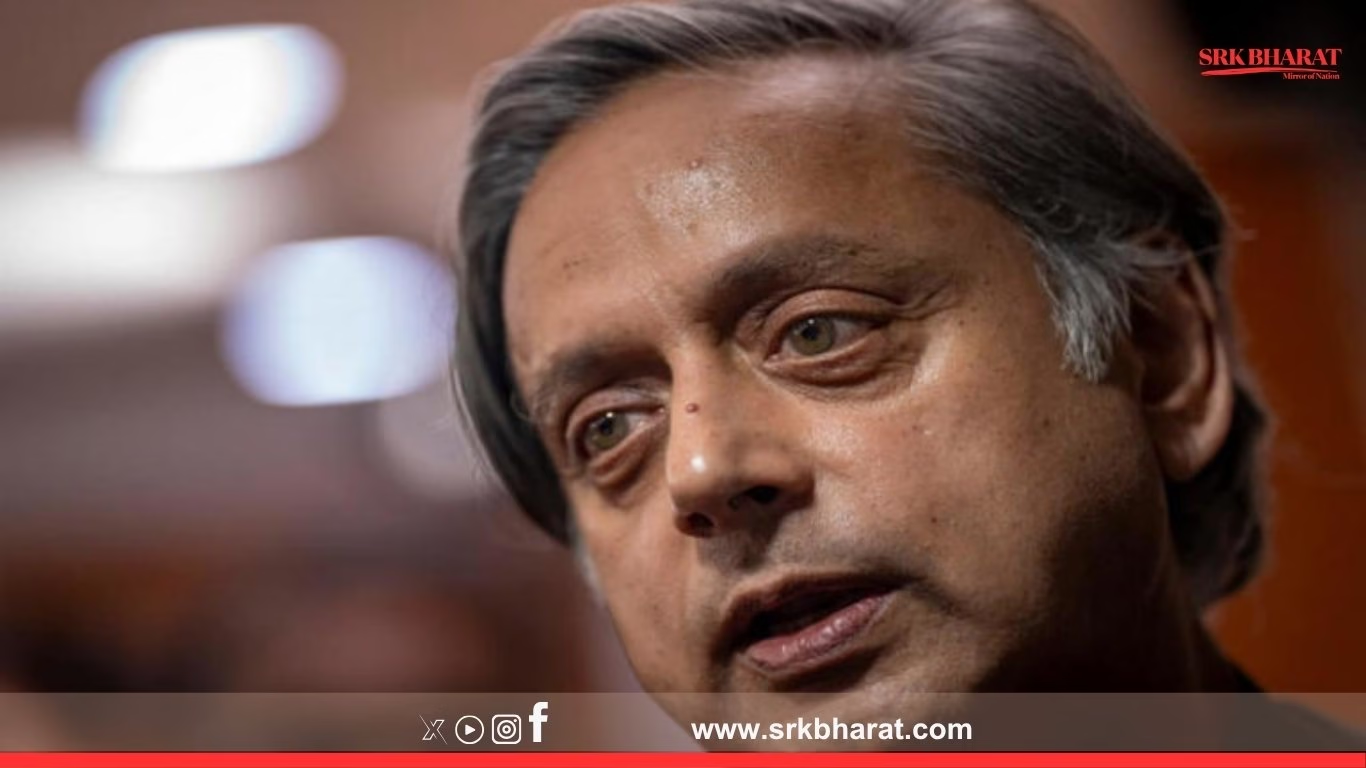In a politically charged move with significant national implications, Trinamool Congress MP Mahua Moitra has approached the Supreme Court challenging the Election Commission of India’s (ECI) decision to undertake a special revision of Bihar’s voter rolls. Moitra has argued that this exercise, carried out without due safeguards, risks replicating what she termed as “the disenfranchisement tactics allegedly seen in West Bengal” and undermining the democratic rights of genuine voters.
The petition and Mahua Moitra’s arguments
Moitra’s petition, filed on Monday, challenges the ECI’s notification for a mid-year revision of electoral rolls in Bihar, questioning:
- The timing of the exercise, with local body elections due soon and general elections within a year.
- The process adopted, allegedly excluding safeguards to prevent arbitrary deletion of names, especially those from marginalised, migrant, and minority communities.
- The lack of prior public consultations with recognised state parties and civil society groups before initiating large-scale revisions.
In her filing, Moitra warned:
“What has happened in West Bengal, where lakhs of names have been removed under the garb of roll purification, is now being replicated in Bihar. This violates constitutional guarantees of universal adult franchise and procedural fairness.”
The Bihar voter roll revision: What is it?
The ECI notified a special summary revision of electoral rolls for Bihar in June 2025, citing:
- Alignment with the new delimitation of wards and panchayats
- Removal of duplicate, shifted, deceased, or non-existent voters
- Updating records to reflect demographic changes and migration
According to official data, over 14 lakh names have been flagged for verification or deletion during initial scrutiny.
| Key Figures in Bihar Voter Roll Revision (2025) |
|—|—|
| Total electors (pre-revision) | 7.18 crore |
| Names flagged for verification | 14.2 lakh |
| Claimed deceased voters | 2.3 lakh |
| Suspected duplicates | 3.9 lakh |
| Migration-linked deletions proposed | 8 lakh |
Mahua Moitra’s concerns: Echo of West Bengal?
The Krishnanagar MP cited her state’s experience, where the TMC alleges over 35 lakh voters were arbitrarily deleted in recent revisions, particularly in border districts and urban migrant clusters. Moitra argues that similar mass deletions in Bihar would disproportionately impact:
- Landless rural labourers
- Urban daily wage migrants
- Minority communities with historically poor documentation
- Tribals with non-standard address records
She warned:
“The voter roll is the foundation of democracy. If citizens are erased using bureaucratic pretexts without due notice or hearings, elections lose their legitimacy.”
Political reactions to Moitra’s petition
TMC national general secretary Abhishek Banerjee endorsed Moitra’s move, stating:
“The BJP is trying to manipulate electoral rolls in Opposition-ruled states to their advantage. We will fight it legally and politically.”
BJP leaders in Bihar, however, dismissed the petition as “fear-mongering.” Bihar BJP vice president Nikhil Anand stated:
“TMC is politicising a routine electoral exercise. Voter list purification is critical to prevent fake voting and maintain electoral integrity.”
Congress Bihar unit chief Akhilesh Singh supported the demand for safeguards but cautioned:
“While roll cleansing is needed, deletions must follow due process. EC should ensure no genuine voter is left out.”
The legal challenge in Supreme Court
Moitra’s petition seeks:
- An immediate stay on the ongoing voter roll revision process in Bihar
- A Supreme Court-monitored framework ensuring no deletion without proper inquiry, physical verification, and individual notice
- Detailed guidelines for all states, mandating transparency and political consultation before roll revisions
Election Commission’s defence
An ECI official stated on condition of anonymity:
“The revision process follows the Representation of People Act and ECI guidelines. Each deletion undergoes Booth Level Officer verification, followed by public display and objections. Unsubstantiated allegations create confusion among voters.”
The ECI is expected to file its detailed response in court within two weeks.
Experts on the constitutional implications
Senior constitutional lawyer Indira Jaising noted:
“If Moitra establishes a prima facie case of mass deletions without due process, the SC could lay down stronger procedural safeguards for voter roll revisions nationwide.”
Political analyst Ratan K Das commented:
“The West Bengal voter roll controversy has triggered apprehensions elsewhere. This litigation could define the balance between electoral roll cleansing and citizen rights.”
Likely timeline and upcoming hearing
The Supreme Court has admitted Moitra’s petition and issued notice to the ECI, fixing July 22 as the next date of hearing. If the apex court stays the revision, it could impact local body polls scheduled in Bihar this year and force the ECI to adopt revised protocols for general elections in 2026.
Public sentiments: Bihar’s mixed reactions
Civil society groups in Bihar welcomed Moitra’s petition:
- “Many poor voters cannot produce documents if Booth Level Officers visit when they are away for work.”
- “There should be door-to-door physical verification and prior notice before any deletion.”
However, some youth groups voiced concern that court intervention might delay electoral roll updates, affecting electoral preparations.
The political stakes
For the TMC, which is expanding its footprint beyond Bengal, this move is strategic to:
- Build its national profile as a protector of constitutional rights
- Forge alliances with Bihar’s regional parties over common voter rights concerns
- Project Mahua Moitra as a pan-Indian legal and political voice within the Opposition
For BJP, voter roll revisions are being positioned as an administrative necessity to ensure “clean elections free of duplicates and illegal voters.”
Final thoughts
Mahua Moitra’s Supreme Court petition against the Bihar voter roll revision brings voter rights, electoral transparency, and the constitutional principle of universal adult franchise into sharp focus. As the court prepares to hear the matter in coming weeks, its ruling could have far-reaching implications not just for Bihar but for electoral roll management practices across India.
Disclaimer: This news article is for informational purposes only. It includes political statements, public data, and expert analyses based on legal and field reports. Final court judgments, ECI guidelines, and policy decisions remain subject to official confirmation.




